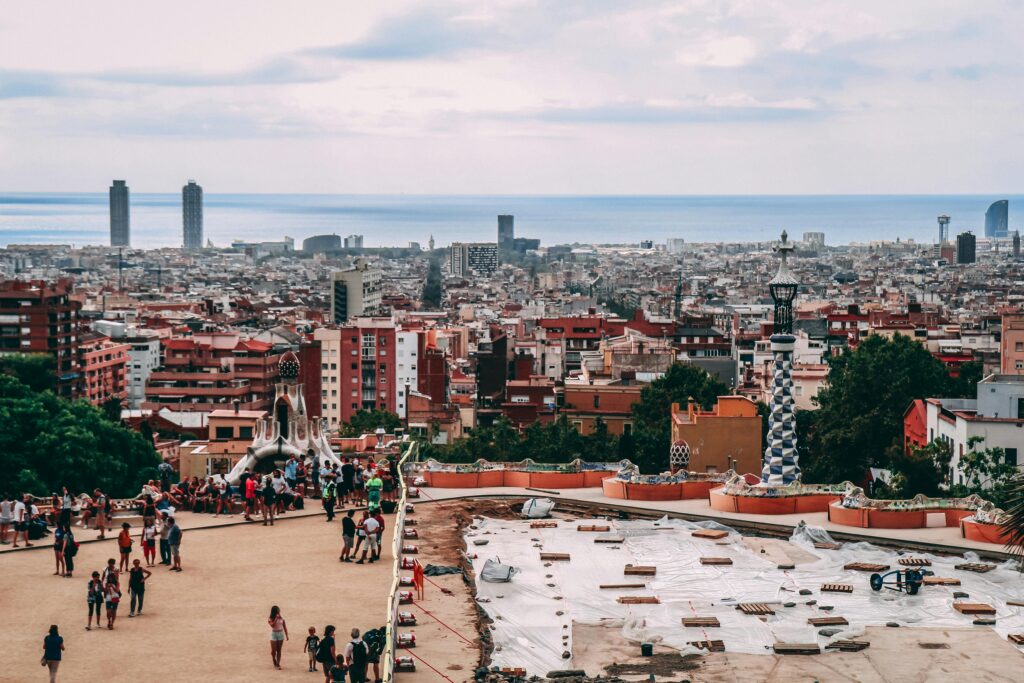Barcelona’s Ban on Tourist Flats: What It Means
Barcelona, a city beloved for its stunning architecture, rich history, and vibrant culture, is embarking on a bold new path. On June 21, 2024, Mayor Jaume Collboni announced a plan to ban all tourist flats by November 2028. This landmark decision aims to tackle the city’s pressing housing crisis and soaring rental prices, but it also raises significant questions and concerns within the tourism and rental sectors.
The housing crisis and tourist flats
Barcelona has long struggled with the dual challenges of tourism and housing affordability. The influx of short term rentals Barcelona, defined as residential properties rented for up to 31 days, has exacerbated the city’s housing shortage.
With approximately 10,000 tourist flats currently operating, the availability of long-term housing has dwindled, leading to higher rents and displacement of local residents. Previous attempts to curb this issue, such as the 2019 ban on private room rentals, failed to yield significant results, prompting the city to take more drastic action.
Economic and social impacts of the ban
The decision to ban tourist flats is a monumental shift, surpassing even the most stringent regulations seen in other major cities like Amsterdam, Berlin, and New York. The implications of this ban are vast and multifaceted:
1. Economic consequences:
Barcelona’s tourism sector is a major economic driver, generating €9.6 billion in 2023 and creating nearly 130,000 jobs. The ban on tourist flats threatens to disrupt this economic engine, potentially leading to job losses and reduced income for those reliant on the tourism industry.
2. Impact on local hosts:
Many of Barcelona’s short-term rental hosts are small-scale operators, often professionals with secondary incomes or small business owners. The ban will force these hosts to find new income sources or pivot their business models, posing significant financial and operational challenges.
3. Community and economy:
Short term rentals Barcelona contribute to the local economy by attracting tourists who spend money at local businesses. The reduction in tourist accommodations could lead to decreased spending in neighborhoods that benefit from this influx of visitors, impacting small businesses and the broader community.
Preparing for the transition
As the 2028 deadline approaches, stakeholders must brace for significant changes. The city is expected to conduct a period of public consultation, inviting feedback on the proposed ban. During this transition, we can anticipate the gradual enforcement of stricter licensing requirements and penalties for noncompliance. Hosts will need to stay informed and adapt their strategies to navigate the evolving regulatory landscape.
Summary and conclusion
Short term rentals Barcelona ambitious plan to ban all tourist flats by 2028 marks a pivotal moment in the city’s effort to address its housing crisis. While the ban aims to make housing more affordable for residents, it also poses significant challenges for the tourism sector and local economy. Adapting to these changes will require careful planning and innovation from all stakeholders.
At Chekin, we recognize the complexities of this issue and remain dedicated to supporting our hosts through this transition. We will continue to monitor developments, provide valuable insights, and advocate for balanced solutions that foster economic growth while ensuring housing affordability. As short term rentals Barcelona moves forward, it is essential to find creative and sustainable approaches that benefit both residents and tourists, preserving the city’s unique character and vibrant community.






